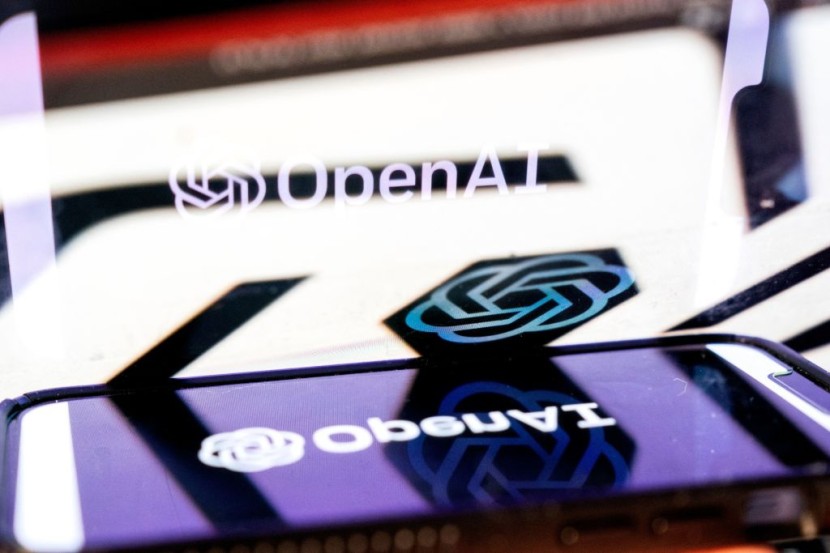
- Artificial Intelligence (AI) develops cancer treatment in less than 30 days
- Researchers use AI to forecast patient's survival rates using medical notes
- The rapid development of AI technology is expected to affect various industries
Scientists used artificial intelligence (AI) to develop a drug to treat cancer in only 30 days and predicted a patient's life expectancy based only on the medical notes of the individual.
The feat is only made possible by the massive leaps humans have seen AI take in the few months. These would have a significant lasting effect on the world as we know it today.
AI Develops Cancer Drug in 30 Days
In almost every professional sector, there will be a major paradigm shift in only a few short years. In truth, these changes are also being observed by many professionals in their industry, including medicine.
The latest development is an AI that created a treatment for an aggressive type of cancer, while another was used to forecast a patient's survival rate. The team of researchers from the University of Toronto worked closely with Insilico Medicine to develop a possible treatment for hepatocellular carcinoma (HCC) with the help of an AI drug discovery platform known as Pharma, as per MSN.
This type of cancer targets a person's liver, but the AI that the researchers used was able to find a previously undiscovered therapy route. It created a "novel hit molecule" capable of binding to that target.
The artificial intelligence was also able to predict a patient's survival rate and was found to have an accuracy of 80%. The system was created by scientists from the University of British Columbia and BC Cancer.
In modern times, AI is rapidly rising to become the new weapon against various deadly diseases scientists struggle to fight against. This is due to its capability to analyze vast amounts of data in a short amount of time, uncover patterns and relationships, as well as to predict the effects of treatments.
Rapid Development of Artificial Intelligence
The researchers also conducted a second round of generating compounds and discovered a more potent hit molecule. However, according to the New York Post, any potential drug to treat the type of cancer monitored in the study would have to go through clinical trials before being used widely.
In a statement, the founder and CEO of Insilico Medicine, Alex Zhavoronkov, said that while the world was fascinated with the advances made by generative AI in art and language, the company's generative AI algorithms were able to design potent inhibitors of a target using an AlphaFold-derived structure.
Experts are slowly shifting to AI to change how drugs and medicine are discovered and created rapidly. This is because the traditional trial and error method has become too slow and limiting in the scope of exploration.
The second achievement, predicting a patient's survival rate, was done using natural language processing (NLP), a subset of AI. It was modeled to understand the complexities of human language. NLP is also used by ChatGPT, which is the most famous of all AI bots currently using the system, said FirstPost.
Related Article: COVID-19 Origin Investigations Update
© 2025 HNGN, All rights reserved. Do not reproduce without permission.








